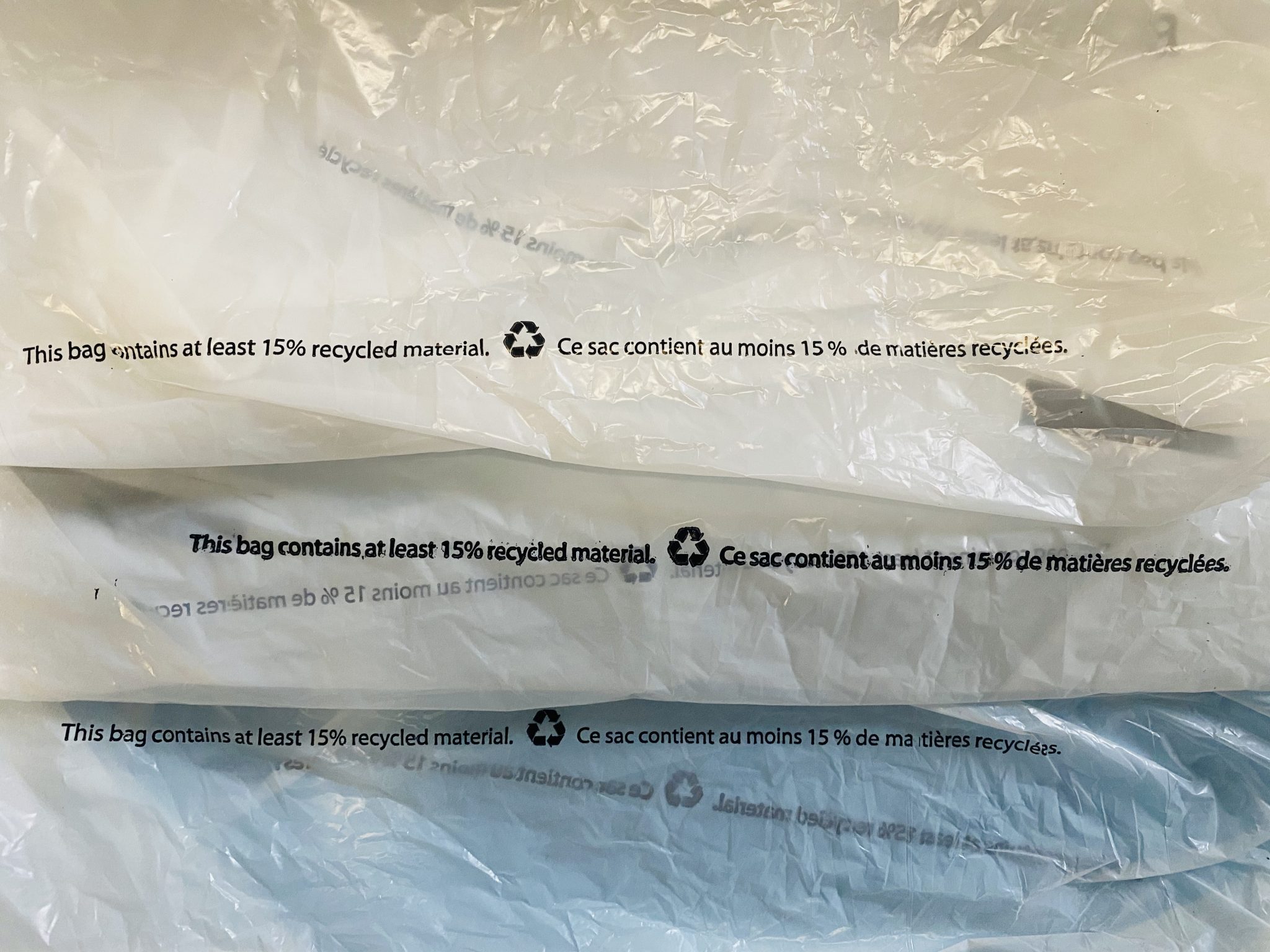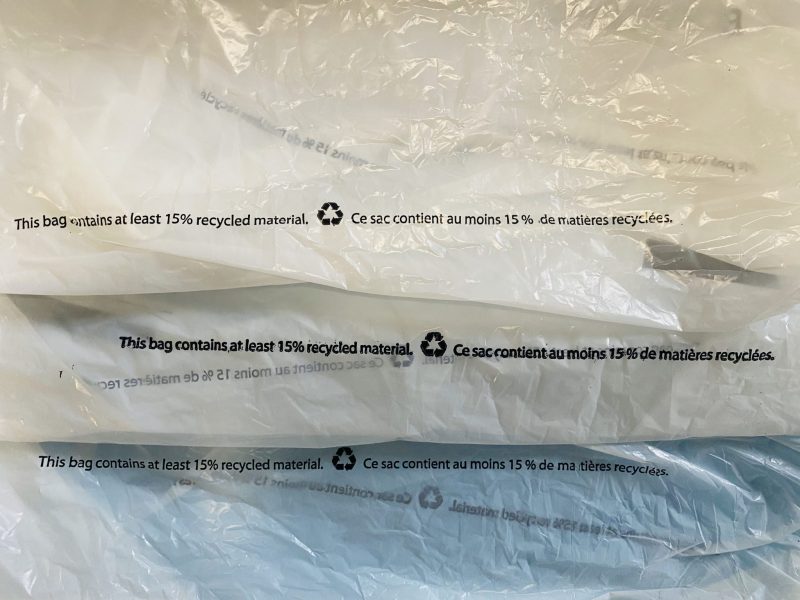Canada banning single-use plastic by the end of 2021


Environment and Climate Change Minister Jonathan Wilkinson announced in a news conference on Oct. 7 that single-use plastics will be banned in Canada by the end of 2021.
Canadians produce an estimated 3.3 million tonnes of plastic waste and use almost 15 billion plastic bags every year and close to 57 million disposable straws every day.
The list of banned items published in a discussion paper, entitled “Proposed Integrated Management Approach to Plastic Products to Prevent Waste and Pollution,” includes plastic grocery bags, straws, stir sticks, six-pack rings, cutlery and food containers made of hard-to-recycle plastics.
This is a step in the federal government’s plan to achieve zero plastic waste by the year 2030.
“Plastic pollution threatens our natural environment. It fills our rivers or lakes, and most particularly our oceans, choking the wildlife that live there,” Wilkinson said in his announcement.
When the ban officially comes into effect, local stores will provide alternatives to plastic products.
Sobeys became the first national grocery chain to eliminate plastic bags from their stores on Jan. 31, introducing cloth and paper options in their place as an alternative. 225 million plastic bags will be removed from circulation a year as a result of this change.
“Plastic is polluting our rivers, lakes, and oceans, harming wildlife, and generating microplastics in the water we use and drink,” the news release posted by the Government of Canada said.
There are plans to also improve the ways plastic is recovered and recycled so that it “stays in our economy and out of the environment.”
Only nine per cent of Canada’s plastic waste is recycled, with 86 per cent ending up in landfills.
According to Kathleen Barsoum, Waste Co-ordinator for the Region of Waterloo, however, only one per cent of blue box contents go to the landfill in Kitchener-Waterloo.
The Government of Canada is also proposing to establish recycled content requirements in products and packaging.
The COVID-19 pandemic has presented a continuing need for certain single-use plastics, such as personal protective equipment like face-shields. According to the federal government, the ban will not affect access to PPE or plastics in medical facilities.
Wilkinson said that alternative recycling solutions for PPE are being explored, as well as making some PPE biodegradable.
As well, COVID-19 has impacted the ways in which businesses, specifically restaurants, are able to operate due to ongoing public health and safety restrictions. Many of these businesses rely on single-use takeout containers and plastic cutlery options for food orders and it’s uncertain how the upcoming ban will financially affect them.
“It doesn’t make sense for us to be using plastics, as a throwaway, that will remain in our oceans and on our planet… but we want to see the details,” NDP leader Jagmeet Singh said in response to the ban.


